Medical Disclaimer: This guide to the puppy vaccination schedule is for informational purposes. Always consult your veterinarian in Ottawa or your local area to create a personalized plan for your pet.
Table of Contents
Bringing home a new puppy is a whirlwind of joy, cuddles, and chewed-up slippers. Amidst the excitement, one of the most crucial responsibilities you have as a new pet parent is navigating their healthcare. Understanding your puppy’s vaccination schedule can feel overwhelming, but it’s the single most important step you can take to promise them a long, healthy life.
Key Takeaways: Your Puppy’s Vaccination Schedule at a Glance
- Start Early: Your puppy’s first vaccinations should begin between 6 and 8 weeks of age.
- Core Vaccines are Key: Every puppy in Canada needs protection against Distemper, Adenovirus, Parvovirus (DAP), and Rabies. These are considered the “core” vaccines.
- Booster Shots are Crucial: A puppy needs a series of shots every 2-4 weeks until they are at least 16 weeks old. This is essential to overcome the temporary immunity they get from their mother.
- Lifestyle Matters: Depending on your location and your puppy’s activities, non-core vaccines like Bordetella (kennel cough) or Lyme disease may be recommended.
- Consult Your Vet: This guide provides a template, but your veterinarian will tailor the perfect puppy vaccination schedule for your unique companion.
Why Your Puppy’s Vaccination Schedule is So Critical
In my years of practice here in Ottawa, I’ve seen firsthand the devastating consequences of missed vaccinations. I’ll never forget a beautiful German Shepherd puppy who came into our clinic with parvovirus. He was lethargic, not eating, and his family was heartbroken. It’s a preventable disease, and moments like that reinforce just how vital a proper puppy vaccination schedule is.
Puppies are born with a temporary, or “passive,” immunity passed down from their mother’s milk. These maternal antibodies are a wonderful gift, but they start to wane between 6 and 16 weeks of age. Unfortunately, these same antibodies can interfere with a vaccine’s ability to stimulate your puppy’s own immune system. This creates a window of susceptibility where your puppy is vulnerable to serious, life-threatening diseases. The puppy vaccination schedule is specifically designed to bridge this gap, protecting critical intervals until their own immune system is robust.
Understanding Your Puppy’s First Shots: Core vs. Lifestyle Vaccines
Also see: https://doglifeexpert.com/safe-human-foods-for-dogs-15-ultimate-treats/
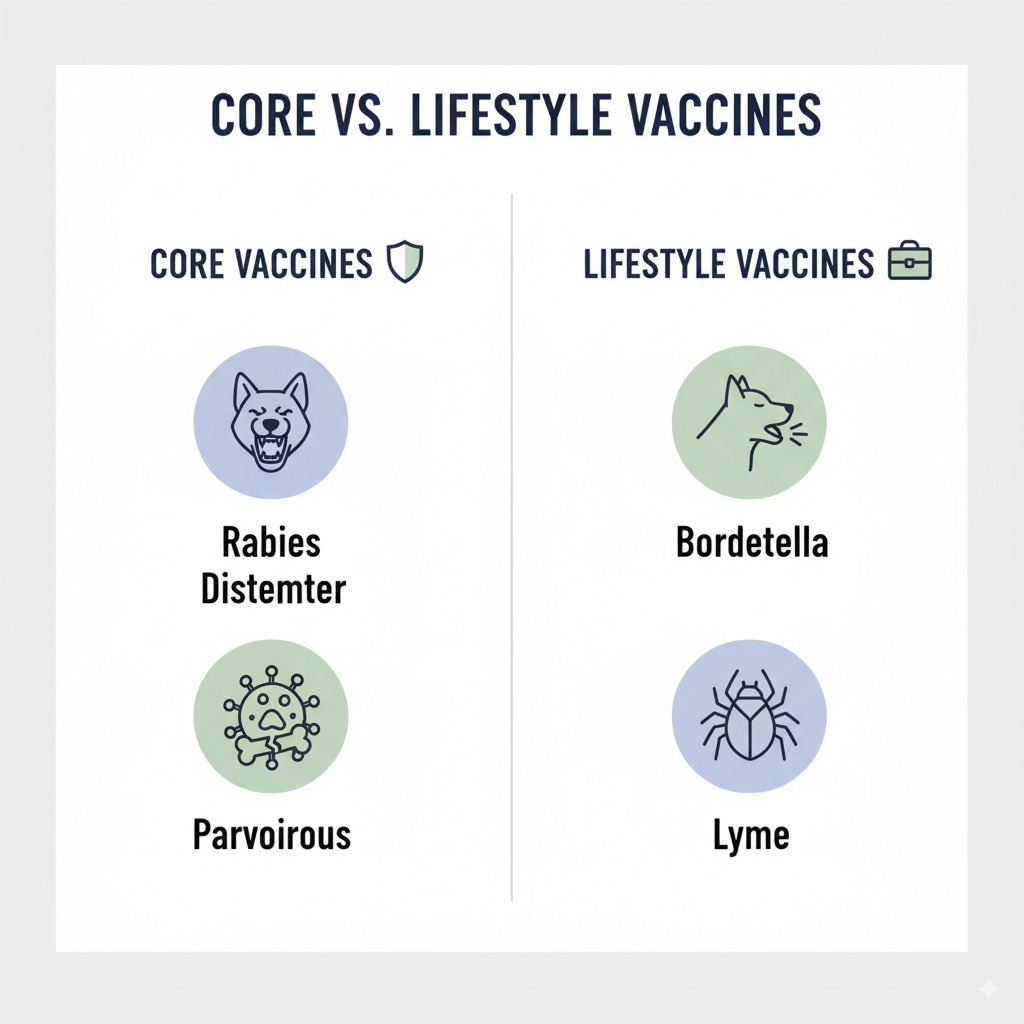
Not all vaccines are created equal, and they are generally categorized into two groups: core and non-core (or lifestyle). Think of core vaccines as the non-negotiable foundation of your puppy’s health. The 2022 AAHA Canine Vaccination Guidelines provide the framework veterinarians across North America use to make these essential recommendations.
The “Core Four”: Non-Negotiable Vaccines for Every Canadian Puppy
These vaccines protect against diseases that are widespread, highly contagious, and often fatal. Every single puppy should receive these as part of their initial puppy vaccination schedule.
- Canine Distemper: This is a severe, multi-systemic virus that can attack a dog’s respiratory, gastrointestinal, and nervous systems. The consequences can be devastating and long-lasting, which is why its inclusion in the puppy vaccination schedule is so critical.
- Adenovirus: This vaccine protects against two forms of adenovirus. Type 1 causes infectious canine hepatitis (a serious liver disease), and Type 2 is a cause of infectious tracheobronchitis, or kennel cough. This component is a standard part of every combination shot in the puppy vaccination schedule.
- Parvovirus: “Parvo” is a word that strikes fear in vets and pet owners alike. It is a highly resilient and contagious virus that causes severe vomiting and bloody diarrhea, leading to life-threatening dehydration. A peer-reviewed article in Veterinary Quarterly highlights just how dangerous and persistent Canine Parvovirus can be in the environment. This makes following the puppy vaccination schedule for parvo absolutely essential.
Non-Core Vaccines: Is Your Puppy’s Lifestyle a Factor?
Non-core vaccines are recommended based on your puppy’s individual risk, which is determined by their lifestyle, geographic location, and environment.
- Bordetella bronchiseptica: This is a primary cause of kennel cough. If your puppy will be going to doggy daycare, groomers, training classes, or boarding kennels, this vaccine is a must.
- Lyme Disease: Transmitted by ticks, Lyme disease is becoming increasingly common across Canada. If you live in or travel to areas with a high tick population, your vet will likely recommend this vaccine.
- Leptospirosis: This is a bacterial disease spread through the urine of infected wildlife (like raccoons and squirrels) and found in contaminated water or soil. It can cause severe kidney and liver failure and is also transmissible to people. In many urban and suburban areas, including here in the Brampton region, we consider it a vital part of a comprehensive puppy vaccination schedule.
The Ultimate Puppy Vaccination Schedule: A Week-by-Week Timeline
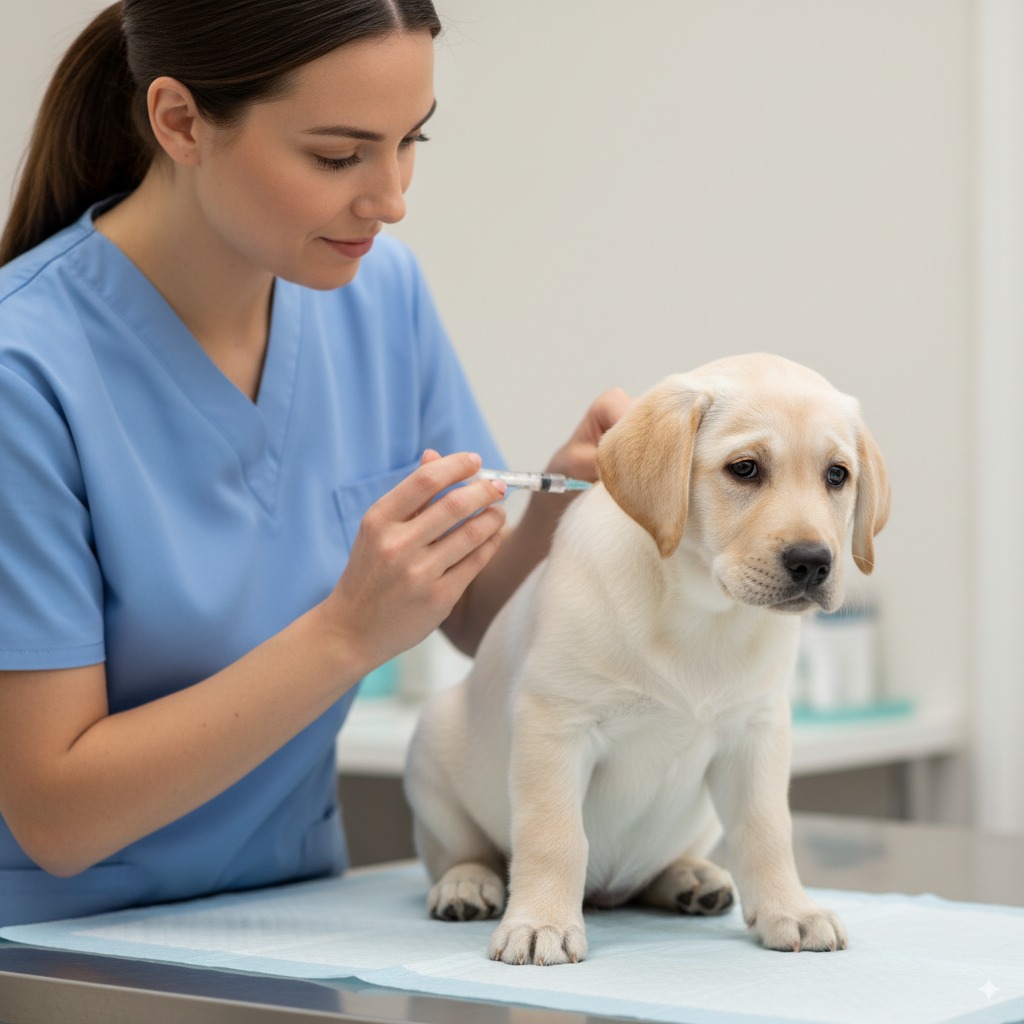
While your veterinarian will provide the exact timeline, this table outlines a typical puppy vaccination schedule in Canada.
| Age of Puppy | Core Vaccines Recommended | Non-Core Vaccines (If Recommended) |
| 6-8 Weeks | DA2PP (Distemper, Adenovirus-2, Parainfluenza, Parvovirus) | Bordetella (Intranasal) |
| 10-12 Weeks | DA2PP Booster | Leptospirosis, Lyme Disease |
| 14-16 Weeks | DA2PP Booster, Rabies (1-year) | Boosters for Leptospirosis, Lyme |
| 1 Year | DA2PP Booster, Rabies (1 or 3-year) | Annual boosters based on lifestyle |
This multi-step puppy vaccination schedule is crucial for building a strong foundation of immunity.
From My Ottawa Clinic: What to Expect at Your Puppy’s Vaccine Appointments
Your puppy’s first vet visits are about so much more than just a quick shot. These appointments are a fantastic opportunity to build a relationship with your veterinary team and ensure your puppy is on the right track for a healthy life.
Here’s what a typical “puppy visit” involves at our clinic:
- A Full “Nose-to-Tail” Exam: We check everything, their eyes, ears, teeth, heart, lungs, and abdomen. We’re looking for any congenital issues and making sure they are growing well.
- Parasite Patrol: We’ll discuss the best plan for deworming and year-round flea and tick prevention.
- The Vaccination Conversation: This is where we discuss your puppy’s lifestyle and finalize their personalized puppy vaccination schedule.
- Answering Your Questions: We expect you to have questions! From nutrition to house training to socialization, we’re here to help you navigate the challenges of puppyhood.
The Cost of a Puppy Vaccination Schedule in Canada: A Practical Breakdown
Budgeting for a new puppy is important. The cost of your puppy vaccination schedule can vary based on your location and the specific vaccines your puppy needs. Here is a general breakdown of what you might expect in Canada.
| Service | Estimated Cost (Per Visit) | Notes |
| Veterinary Exam/Consultation | $70 – $120 | This fee is for the veterinarian’s time and physical examination. |
| Core Vaccine (DA2PP) | $30 – $50 | Your puppy will need 3-4 of these boosters. |
| Rabies Vaccine | $30 – $60 | Usually given once during the puppy series. |
| Non-Core Vaccine (each) | $25 – $45 | For vaccines like Bordetella, Lyme, or Leptospirosis. |
Total Estimated Cost for the full puppy series: $300 – $550
This investment in your puppy’s preventative health is one of the most cost-effective decisions you can make, saving you from the potential heartache and much higher expense of treating a preventable disease.
After the Shot: Normal Vaccine Reactions vs. When to Call the Vet
It’s common for puppies to feel a little “off” after their shots. Vaccines work by stimulating the immune system, so a mild response is a sign that it’s doing its job! While serious adverse reactions are uncommon, according to a study published in the Journal of the American Animal Hospital Association, it’s important to know what to look for.
Normal, Mild Reactions (usually last 24-48 hours):
- Slight lethargy or sleepiness
- Mild soreness at the injection site
- A temporary decrease in appetite
- A low-grade fever
When to Call Your Vet Immediately:
- Vomiting or persistent diarrhea
- Facial swelling (especially around the muzzle and eyes)
- Hives or bumpy skin
- Difficulty breathing
- Collapse
These could be signs of a more serious allergic reaction that requires immediate medical attention.
Your 5-Minute At-Home Puppy Health Checklist
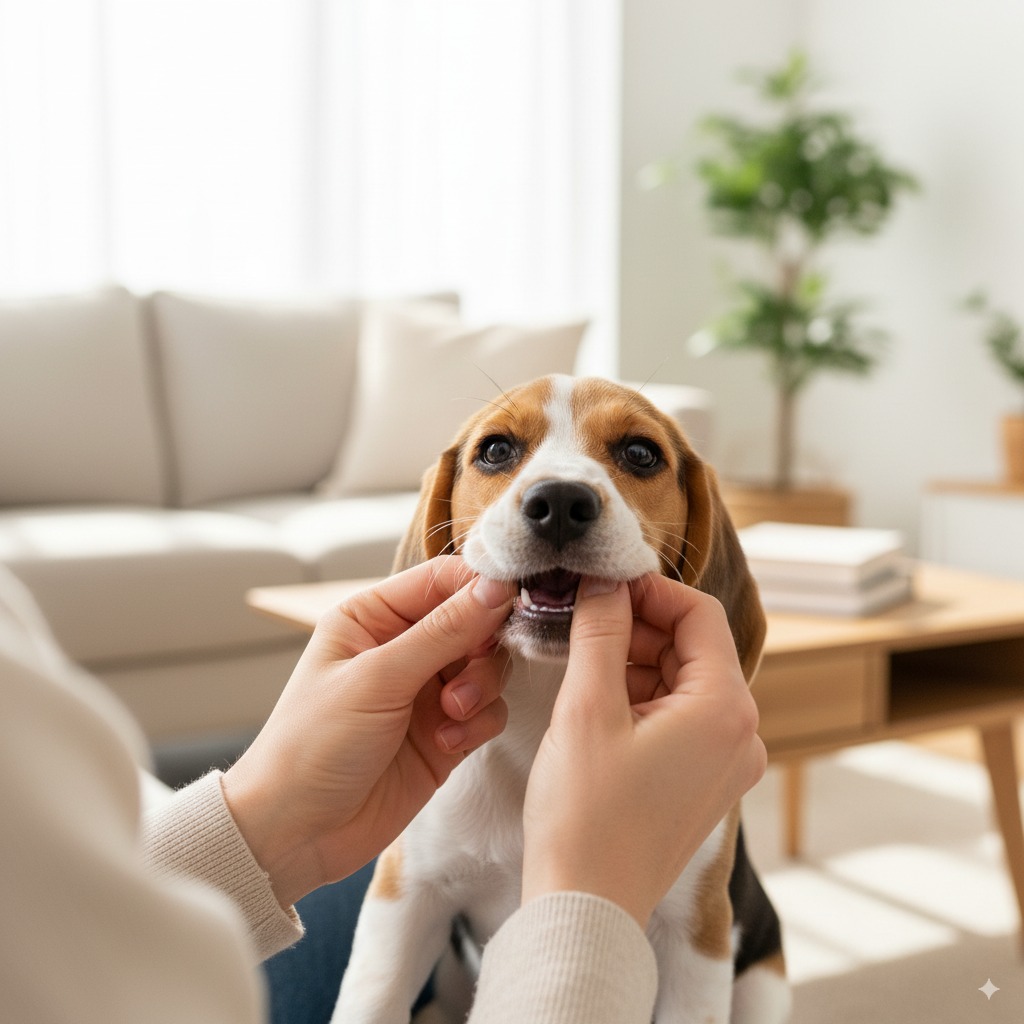
Getting your puppy comfortable with being handled will make vet visits easier for everyone. Try this quick check once a week.
- Eyes: Look for clear, bright eyes with no redness or discharge.
- Ears: Check for any unusual odour, redness, or dark debris.
- Mouth: Gently lift their lips to look at their teeth and gums. Gums should be pink and healthy-looking.
- Body: Run your hands over their entire body, feeling for any new lumps, bumps, or sensitive spots.
- Attitude: Is their energy level normal? Are they eating and drinking as usual? You know your puppy best!
People Also Ask: Your Puppy Vaccination Schedule Questions Answered
1. Is it safe to take my puppy outside before their vaccination schedule is complete?
It’s a balance between socialization and safety. You should avoid high-risk areas like dog parks or pet stores where the vaccination status of other dogs is unknown. However, controlled socialization in a safe, private backyard with known, fully vaccinated adult dogs is generally considered safe and important for behavioural development.
2. Can I just do vaccine titers instead of boosters every year?
Vaccine titers (blood tests that measure antibody levels) are an option for adult dogs for certain core vaccines like Distemper and Parvovirus. However, they are not a substitute for completing the initial puppy vaccination schedule. As noted in the 2011 AAHA guidelines, the primary series is essential to establish immunity in the first place.
3. I missed one of my puppy’s booster shots. What should I do?
Don’t panic, but do call your veterinarian as soon as possible. Depending on how long it has been, they may need to restart the series or adjust the puppy vaccination schedule to ensure your pet is fully protected.
4. Are there alternative or minimal puppy vaccination schedules?
Some protocols advocate for minimal vaccination. For instance, Dr. W. Jean Dodds has published a well-known minimal use protocol that has generated discussion in the veterinary community. However, the vast majority of veterinary organizations and practitioners strongly recommend following the evidence-based guidelines set by AAHA, as they are proven to provide the safest, most comprehensive protection for the largest number of dogs.
Beyond the Needle: A Final Word on Your Puppy’s Lifelong Health
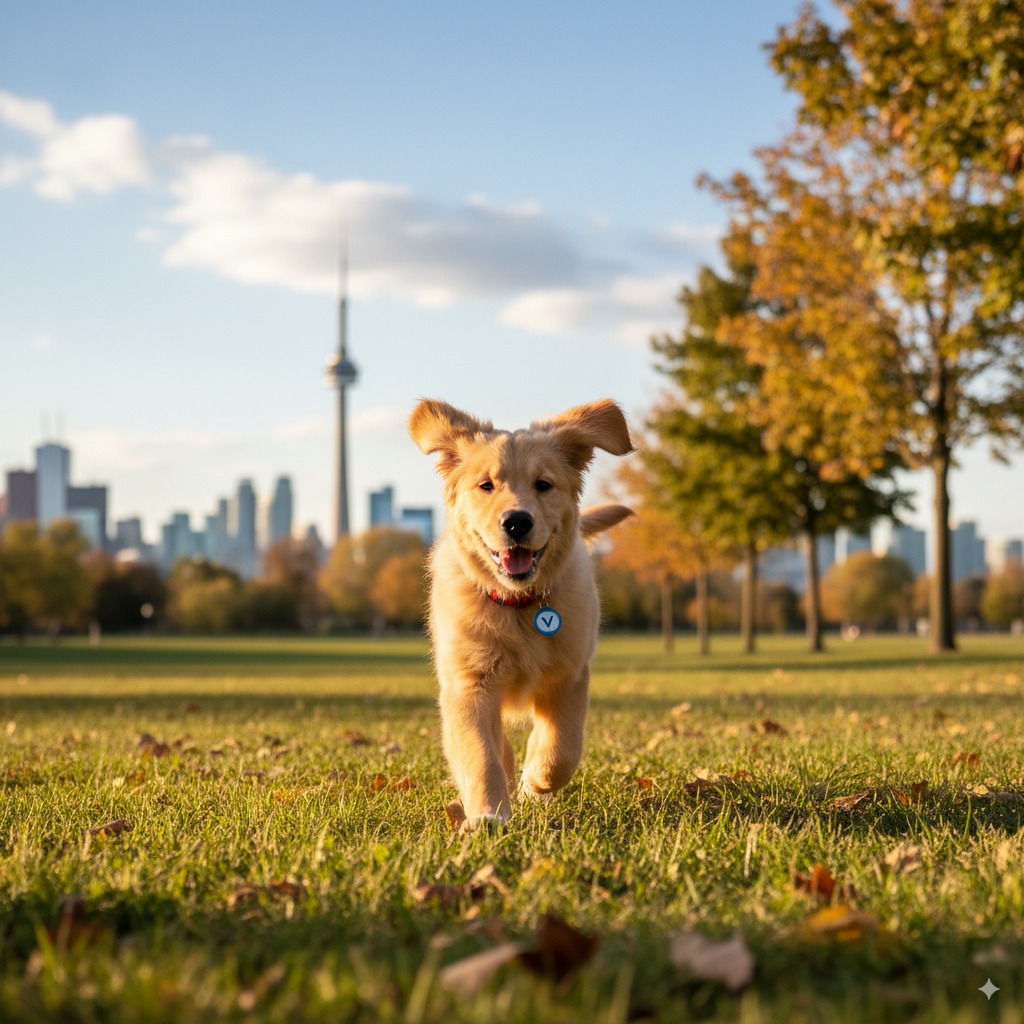
That tiny bundle of fur you’ve welcomed into your home is placing all of its trust in you. Fulfilling that trust begins with a promise of safety, care, and a future filled with joy. Your puppy’s vaccination schedule is more than just a series of appointments; it is the invisible shield you provide, the silent vow you make to protect them from harm. By embracing this foundational step, you aren’t just preventing disease; you are unlocking a lifetime of happy trails, sunny park days, and cherished moments together.



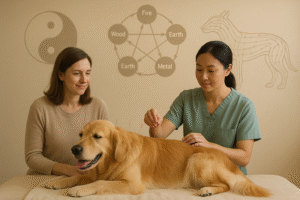
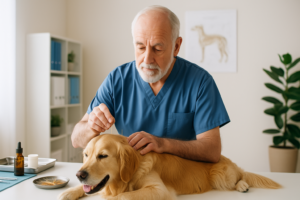
Pingback: 10 Best Family Guard Dogs: An Unbeatable Guide